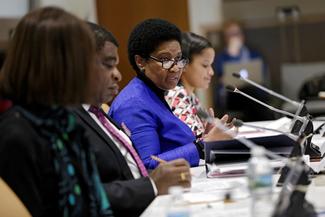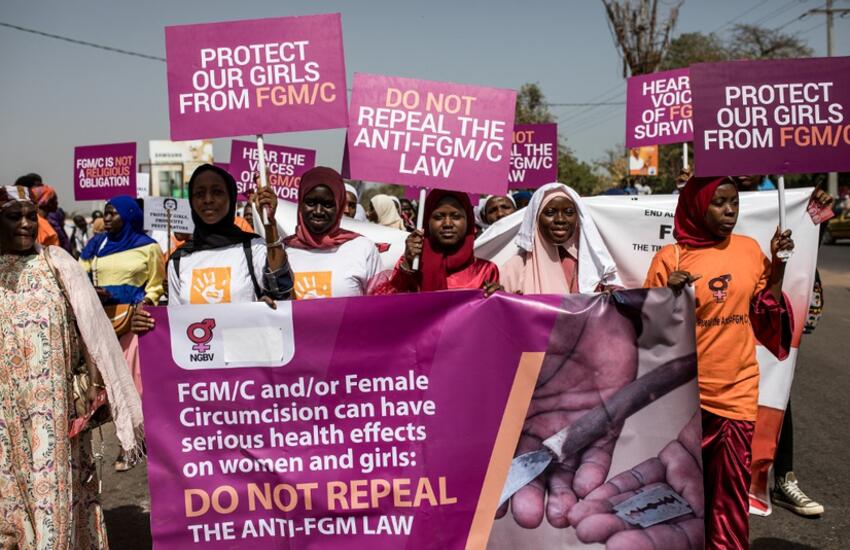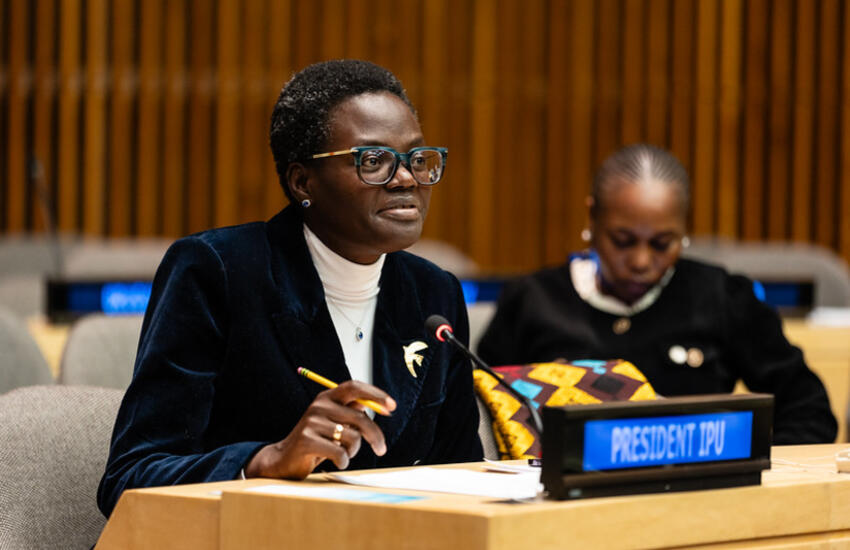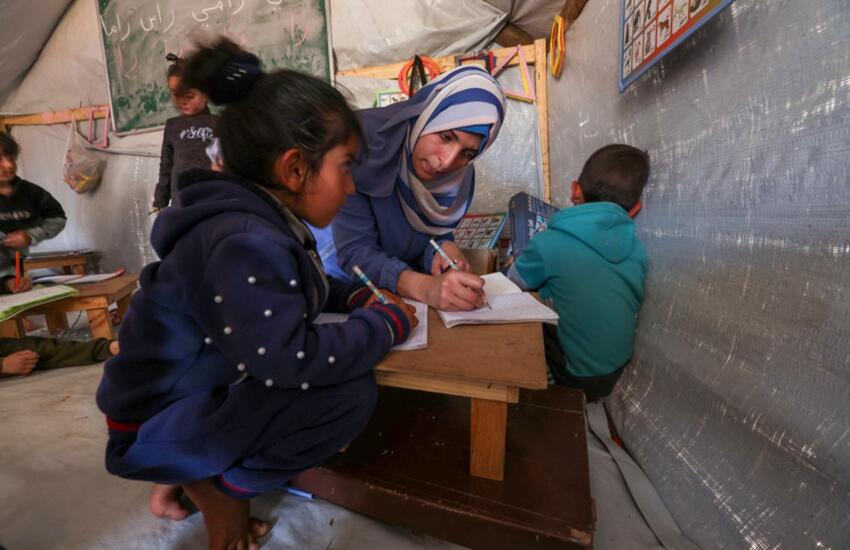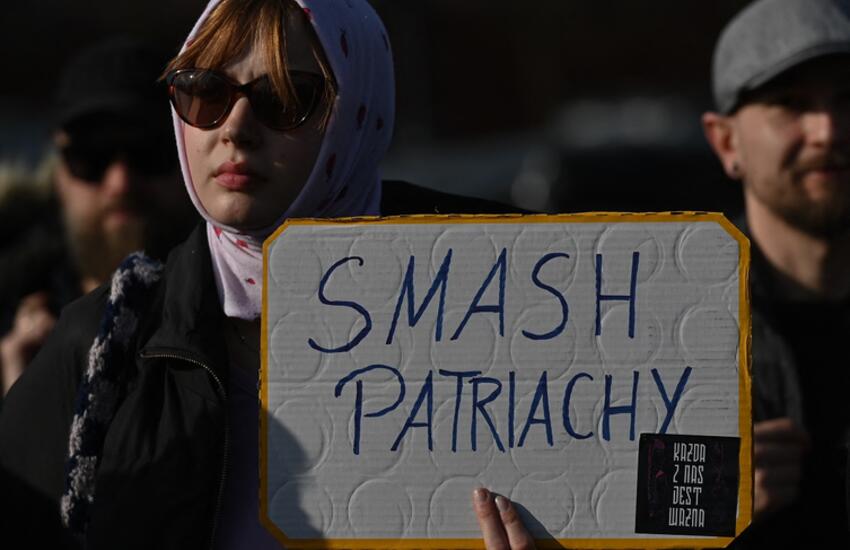The 2030 Agenda for Sustainable Development was adopted in September 2015. But sustainable development cannot be achieved while half the population—women and girls—are legally discriminated against. Women worldwide face sex discrimination in law in political and public life, marriage and family life, access to justice, gender-based violence and economic access.
There is a need for substantive legal reform to ensure that laws are free of discrimination, especially for women and girls. The Roadmap for Substantive Equality: 2030 seeks to do this by promoting partnerships between international and regional organizations, governments, parliaments and civil society to implement legislative reforms based on gender equality, and international human rights and legal frameworks.
“The full realization of all women’s fundamental rights requires transforming power relations and addressing structural inequalities. It also means enabling women to take ownership of their lives, their bodies and their destinies,” said IPU Secretary General Martin Chungong, speaking at the launch of the Roadmap. “These rights have to be enshrined in properly enforced laws. This is where parliaments and members of parliament, have a key role to play.”
Speakers also included Phumzile Mlambo-Ngcuka, Executive Director, UN Women, and Yasmeen Hassan, Global Executive Director, Equality Now.
The launch, co-hosted in New York by UN Women, IPU and Equality Now on 14 February 2017, brought together representatives of parliaments, governments, civil society and international organizations in an effort to promote partnerships to support gender equality by 2030.





